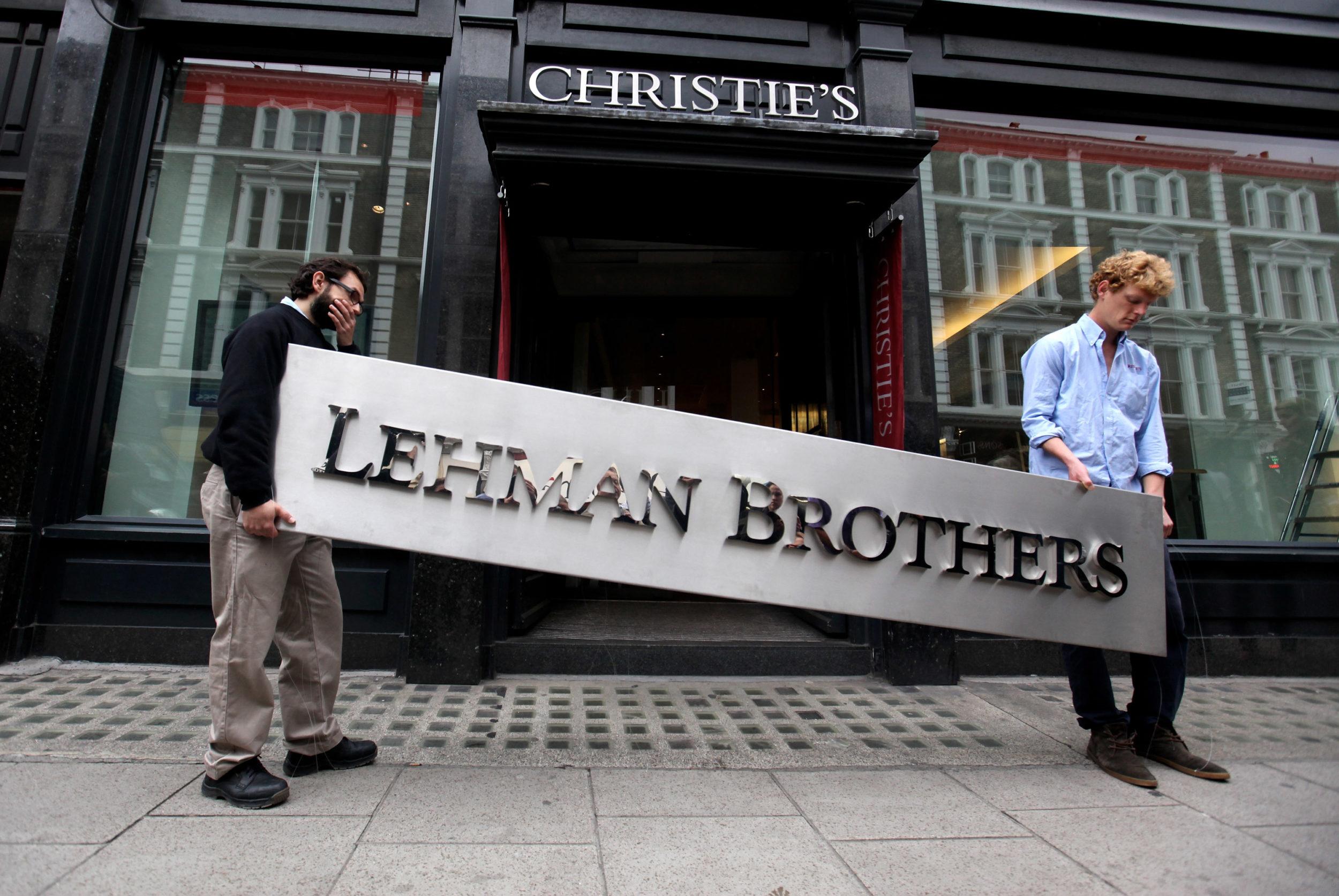
Source: Socialist Worker (UK). 8 September 2009.
Less than a year after the collapse of Lehman Brothers, the banks are back. Puffed up with profits, they are flexing their muscles again.
This reality haunted the G20 finance ministers in London last weekend as they met to prepare for the summit that will take place in Pittsburgh in the US later this month.
This will be the third meeting of the heads of government of the world’s biggest economies in less than a year—a sign of the severity of the present crisis.
The issue that got all the attention in London was whether or not states should impose a cap on bankers’ bonuses. Predictably enough, the states with big financial centres—the US and Britain—said no, while France, Germany, and much of the rest of the European Union said yes.
But the argument is only a symptom. The banks are already looking for ways of getting up to their old tricks.
There was an extraordinary story in last Sunday’s New York Times about the plans of banks like Goldman Sachs and Credit Suisse to buy life insurance policies and package them into bonds that they will sell on to investors.
This was exactly the kind of bright idea that helped to blow the global financial system up in 2007-8. “We’re hoping to get a herd stampeding after the first offering,” one investment banker told the New York Times.
So the banks have learned nothing. They are, moreover, desperate to prevent greater regulation of financial markets that would stand in the way of profits and bonuses.
Arrogance
Hence the torrent of abuse that descended on Adair Turner, chair of the Financial Services Authority, when he proposed the introduction of a Tobin Tax on foreign exchange transactions.
The banks’ arrogance is annoying other eminently mainstream figures. Gillian Tett, the Financial Times’s markets editor, complained last week that too few bankers are likely to go to jail for their role in the crisis: “If there is no retribution against financiers, it will be difficult to force a real change in behaviour.”
But the banks’ revival is entirely a result of government intervention. A flood of cheap money pumped into the financial system by central banks has kept them afloat and given them the appearance of profitability.
This brings us to the real issue facing the G20—is the crisis over? Last winter the main economies were shrinking as fast as or faster than they did at the start of the Great Depression in 1929-30.
Now evidence is building up that the rate of contraction has slowed or, in some cases, stopped altogether. Almost certainly, this is a consequence, once again, of the gigantic amounts of money that the major states have thrown at the world economy.
For example, the Chinese banks—on government instructions—lent over $1 trillion in the first half of this year. According to Barclays Capital, China accounted for all the growth in global economic output in April to June.
This probably explains why big exporting economies such as Germany and Japan seem to be recovering more quickly than the US and Britain. China is a key market.
So state spending has engineered the beginnings of a recovery. But what happens next? Nouriel Roubini, the notorious “prophet of doom” before the financial crash, is warning there is a growing risk of a “double dip” recession—in other words, that the present recovery will be followed by another slump, perhaps at the end of next year.
Roubini predicts that the recovery will in any case be “anaemic” just because the problems of the financial system have not been overcome. Moreover, if the stimulus of higher government spending is withdrawn too soon, the world economy will collapse again. This is the mistake Franklin Roosevelt’s New Deal administration made, leading to the terrible recession of 1937-8.
So it’s not surprising then that the G20 decided to carry on with government economic stimulus programmes for the time being. No, the crisis is far from over.
